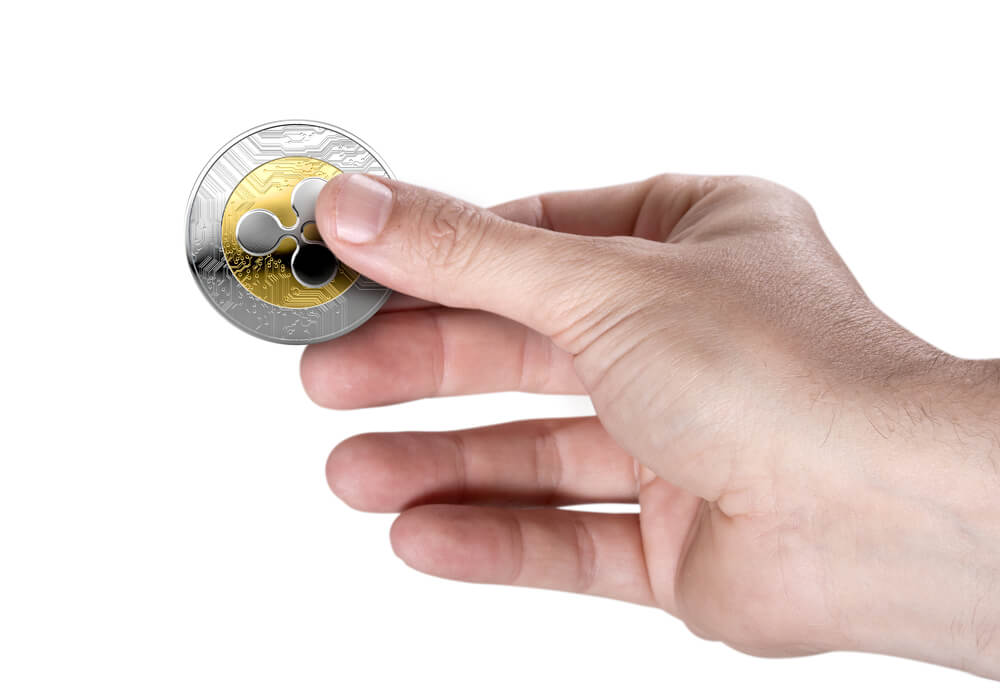Banking and Trust: The more Human the Better
Normally when you think of trust you think of people you trust. People that you’ve met and known for a long time, whose character you’ve seen put to the test often enough that you can be sure of its mettle.
However how many organizations do you trust? Like really, really trust in the same way that you can be sure of a friend or even an acquaintance?
Where would you rank your employer, your bank, your government?
I’m guess not very high on the list.
But why is that? Why do we have such an easier time trusting individuals but such a hard time trusting organizations? If you think about it you should probably trust your government more than most of your friends because unlike them you have a say in how they act. And your bank is legally held responsible by the government.
So why do you have an easier time trusting Steve to bring your car back after borrowing it for a weekend, yet you give your bank the stink-eye when they ask for a little bit of money for safe-guarding your life’s savings?
It’s because organizations aren’t people and their actions, like those of any large group, are difficult to predict and there isn’t anyone to hold directly responsible
Who’s in charge here?
With banks, governments, and companies, no one employee is 100% responsible for keeping the word of the organization. Sure, they might say that CEO is or that the president/senator is held accountable by the people. Yet you see the organizations fail time and again and very few things change along the way.
When people act on behalf of organizations they divorce themselves from both feeling of obligation and trust. Most people would rip off a neighbor or even keep the wallet of a complete stranger if they saw it fall out. But they will work for banks giving out predatory loans or selling dangerous products to the public without a care in the world.
Because they can say “hey nothing personal,’ “It’s just business,” or “I’m just doing my job.” And, in a way, it is. They represent the business, not themselves and any wrong done is easily passed onto the nebulous ‘company’ while their conscience is hardly sullied.
This is why trust between friends or acquaintances is so much surer. You can see the individual and know who is responsible for what. And that individual cannot push his own malfeasance onto someone else.
And this is something we are returning to with cryptocurrency.
The return of trust and individual transactions
The invention of cryptocurrency has led to many unexpected destinations, but two things are certain: the technology is more secure/private and transactions are once again dominated by individuals.
With the rise of bitcoin privacy and security have become the norm again and the possession of currency is far more certain. There is no need to blindly trust an organization like a government to back the value of your savings, there is no need to blindly trust a traditional bank with your assets and your money.
And beyond security and privacy, the biggest revolution cryptocurrency has brought about is the P2P transaction.
This kind of transaction has been the norm for the greater part of human history. I have a coin and I give it to you for chicken. But nowadays I’m far more likely to use a card which goes through a payment processor and a bank and then finally to the bank of the merchant and then it is all approved backwards to tell the machine that everything is going fine.
This system depends on a lot of organizations and people that most of us don’t really trust.
But crypto has changed all that. Trust has returned with the personal transaction, even if that transaction is remote.
P2P transactions and decentralization
Decentralization has made very difficult the development of ‘crypto version’ of the old untrustworthy structures of finance. Your money is far more likely to stay in your wallet and since only you have the private keys there is really nothing anyone else can do with your money without first asking you permission.
Further there is no longer a need to use centralized payment structures as Bitcoin is completely borderless and peer-to-peer. Two individuals don’t need the permission of any third party to perform a transaction.
The new structures and banks for a more trustworthy world
However, one thing has become clear over the developmental period of bitcoin and other cryptocurrencies. Those financial structures we find so untrustworthy did serve a purpose. There are a lot of things that we want to do with money that requires an organizational structure beyond the capacity of the individual. Further much of the world we want to interact with exists outside the domain of cryptocurrency, so someone needs to build and maintain the gates between the two.
This is where services like Datarius come in. They provide the services of a bank but within the context of the new paradigm of cryptocurrency. Banks provide important services and are in many ways even more crucial in a decentralized play field like the crypto world.
But because of the way cryptocurrency works, with you holding the keys to your wealth at all times and with transactions being publically recorder, we have entered a new age of trust.
